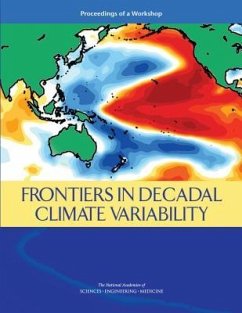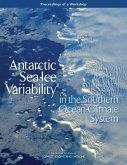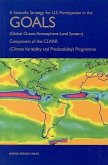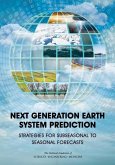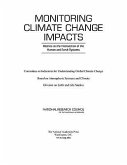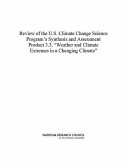"Many factors contribute to variability in Earth's climate on a range of timescales, from seasons to decades. Natural climate variability arises from two different sources: (1) internal variability from interactions among components of the climate system, for example, between the ocean and the atmosphere, and (2) natural external forcings, such as variations in the amount of radiation from the Sun. External forcings on the climate system also arise from some human activities, such as the emission of greenhouse gases (GHGs) and aerosols. The climate that we experience is a combination of all of these factors. Understanding climate variability on the decadal timescale is important to decision-making. Planners and policy makers want information about decadal variability in order to make decisions in a range of sectors, including for infrastructure, water resources, agriculture, and energy. In September 2015, the National Academies of Sciences, Engineering, and Medicine convened a workshop to examine variability in Earth's climate on decadal timescales, defined as 10 to 30 years. During the workshop, ocean and climate scientists reviewed the state of the science of decadal climate variability and its relationship to rates of human-caused global warming, and they explored opportunities for improvement in modeling and observations and assessing knowledge gaps. Frontiers in Decadal Climate Variability summarizes the presentations and discussions from the workshop"--Publisher's description.
Hinweis: Dieser Artikel kann nur an eine deutsche Lieferadresse ausgeliefert werden.
Hinweis: Dieser Artikel kann nur an eine deutsche Lieferadresse ausgeliefert werden.

